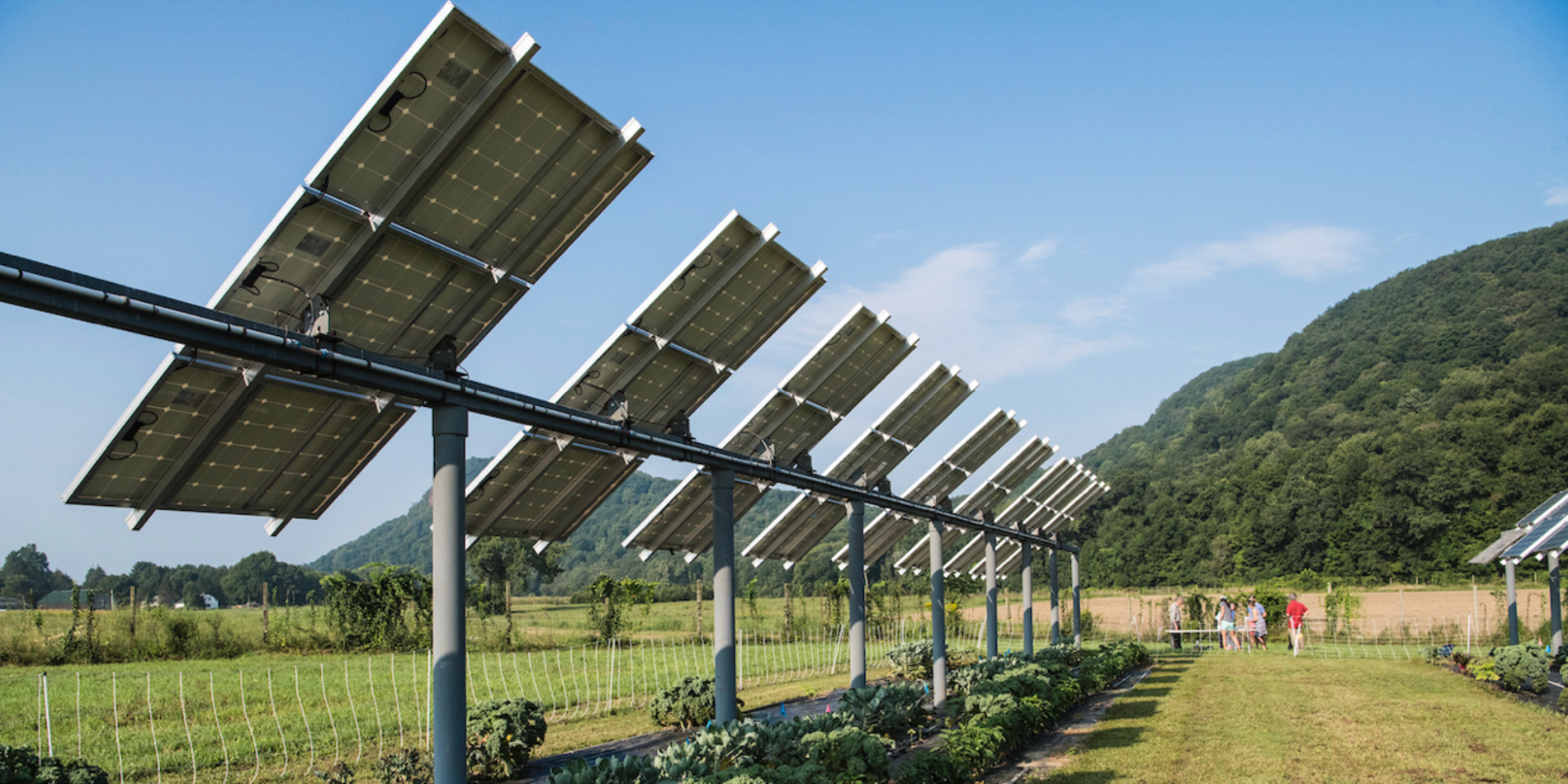Lighting the Way
Electricity is unreliable in Nigeria. The country has suffered from chronic electricity shortages since its independence in 1960, and the issue has worsened in recent years as the middle class expands and energy demands rise.
Most households cope by using their own diesel generators—for up to 19 hours per day. Running them can be staggeringly expensive and the generator fumes contribute to 15 percent of the nation’s carbon dioxide emissions.
For Ugwem Eneyo, MS ’17, who spent her summers in Nigeria as a child, this was exactly the kind of problem she wanted to solve when she signed up for Stanford’s CEE 246: Entrepreneurship in Civil & Environmental Engineering. She saw the unpredictable and sporadic availability of electricity as a hindrance to progress in her parents’ home country. So, when she met classmate Cole Stites-Clayton, ’14, MS ’15, who has a keen interest in sustainability and energy in global markets, before long the two had a concept that felt bigger than a class project. Through their teamwork, Solstice Energy Solutions was born.
“Think of it as a Fitbit for energy consumption,” Eneyo says. “Except unlike Fitbit, which can’t actually make you work out, our ability to pivot between power sources helps users to not only see their activity, but also results.”
Solstice has invented a device that is a cross between a smart meter and a transfer switch, the lever that households flip to turn on the backup power, often a diesel generator, when the electricity grid fails. Traditionally, the transfer switch is manual—Eneyo recalls needing to go to the backyard several times per day when she would visit her extended family in Nigeria. Their device, called Shyft, works by communicating wirelessly with an app on cell phones.
Nigerian families and small businesses often spend several hundred dollars each month on diesel costs, sometimes as much as thousands, from running their generators around the clock. Shyft will make it easier and more efficient for them to switch between power sources, saving them money and also advancing the ultimate goal of transitioning to a smarter grid and cleaner energy.
Seeing the silver lining
The future is close at hand in Africa, as Eneyo and Stites-Clayton see it. In the same way that developing nations in Africa became early adopters of cell phones and mobile technology in the absence of landline telephones, the co-founders anticipate a similar jump with the electrical grid. Nigeria’s weakened infrastructure is a benefit of sorts: It’s easier to try something new when the status quo is failing.
On a traditional electrical grid, there is a central power plant—usually coal, gas-fired, or nuclear—that generates electricity, which is then relayed through substations and powerlines to different regions. It’s a system that is challenged by the variable output of cleaner sources of energy, like wind and solar, and it’s also more vulnerable to large outages and attacks.
“If a substation goes down, it can take out a whole neighborhood,” says Stites-Clayton. Whether an outage is from a wayward tree branch or terrorists, the fact remains that the power stays off until repairs can be made. “If you want your grid to be more secure and resilient, distribute it.”
A more distributed model where each home or business generates its own energy provides electricity where it’s needed, when it’s needed, and, potentially, through cleaner sources.
With this vision for the future, Solstice has designed its device to be compatible with both diesel generators and solar panels and battery-operated units, in hopes that Shyft can indeed help shift the energy landscape in Nigeria.
Finding momentum
“Receiving the TomKat Center grant gave us the confidence and the ability to bootstrap,” says Eneyo, of the Innovation Transfer Grant that the duo won in 2016.
With that funding in place, Stites-Clayton was able to immediately begin working full-time on Solstice while Eneyo finishes her degree. In 2017, the duo won a series of prestigious national cleantech competitions—from Cisco to MIT to Berkeley—that earned them more than $175,000 in startup funding, enough to begin a more extensive prototyping and pilot testing of their innovative device in Nigeria. In 2018, they plan to begin selling to the 60 million Nigerian homes currently using diesel generators.
“So much attention is given to the need for aid in Africa,” says Eneyo. “I hope more people will begin to see the opportunity for innovation and entrepreneurship there.”




